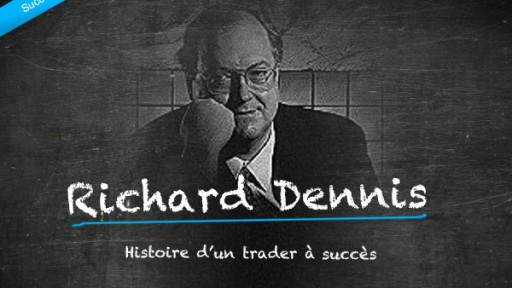- Home
- >
- Great Traders
- >
- Julian Robertson-King of managing hedge funds

Julian Robertson-King of managing hedge funds

Own investment house founded Tiger Management Group (TMG). The Fund has a very high return - $ 8 million invested in 1980 to become $ 7.2 billion in 1996. During this period Robarsan King is managing hedge funds.
Robertson graduated from the University of North Carolina in 1955 with a Business Administration. After spending some time in the Army, he joined Kidar, Peabody & Co. in 1957 after 20-year career there, becoming one of the most turnover brokers. Then he became head of portfolio management in the subsidiary Webster Management Corporation.
In 1980 he founded his own investment house Tiger Management Group (TMG). The Fund has a very high return ($ 8 million invested in 1980 to become $ 7.2 billion in 1996). During this period Robarsan King is managing hedge funds. At that time nobody could beat him in his wisdom knows best stocks. With a minimum investment of $ 5 million investors have been heavily involved in the 6 his hedge fund.
In the late 90s of last century Robertson avoided "irrational investment 'and releases large profits from the boom in technology companies. The gradual decline of the group from 1998 until 2000 when all six are closed fund is highlighted by a dramatic decrease in assets of $ 23 billion to $ 6 billion
Incorrect shares, wrong bets and risk positions are listed some of Robertson's mistakes that led to his downfall. There is also talk that the crash was caused by "defect management" fund, autocratic mode of management of Robertson and his bad temper, which ultimately led to the destruction of the company.
By continuing to manage their own investments Robertson retired from the hedge fund business. He is an active philanthropist and supports the cause of environmental protection.
Investment Style
There is very little that ordinary investors can use the commercial style of Robertson. It's too personal. In TMG, it collects data provided by all analysts and then make investment decisions.
It is said that he was Robarsan macro trader and often got into positions of global trends. It does not use fundamental analysis in its decisions, which may also be one reason for the liquidation of TMG in 2000.
For investment style Robertson has written very little, but said it was "a clever idea, based on exhaustive research and analysis, followed by a big bet." Not exactly a practical principle, suitable for the average investor.
 Varchev Traders
Varchev Traders If you think, we can improve that section,
please comment. Your oppinion is imortant for us.






